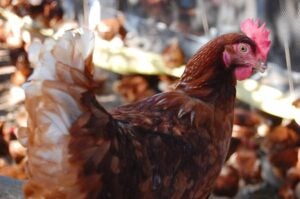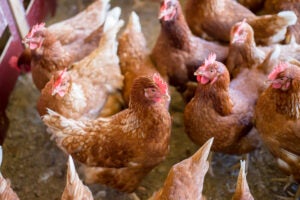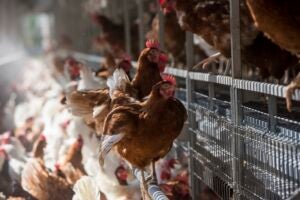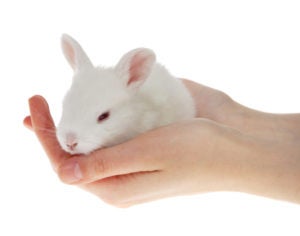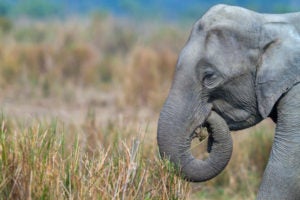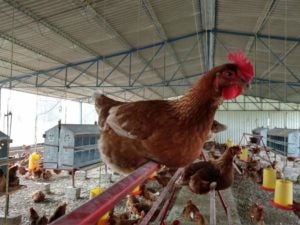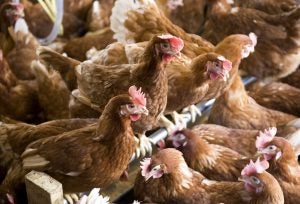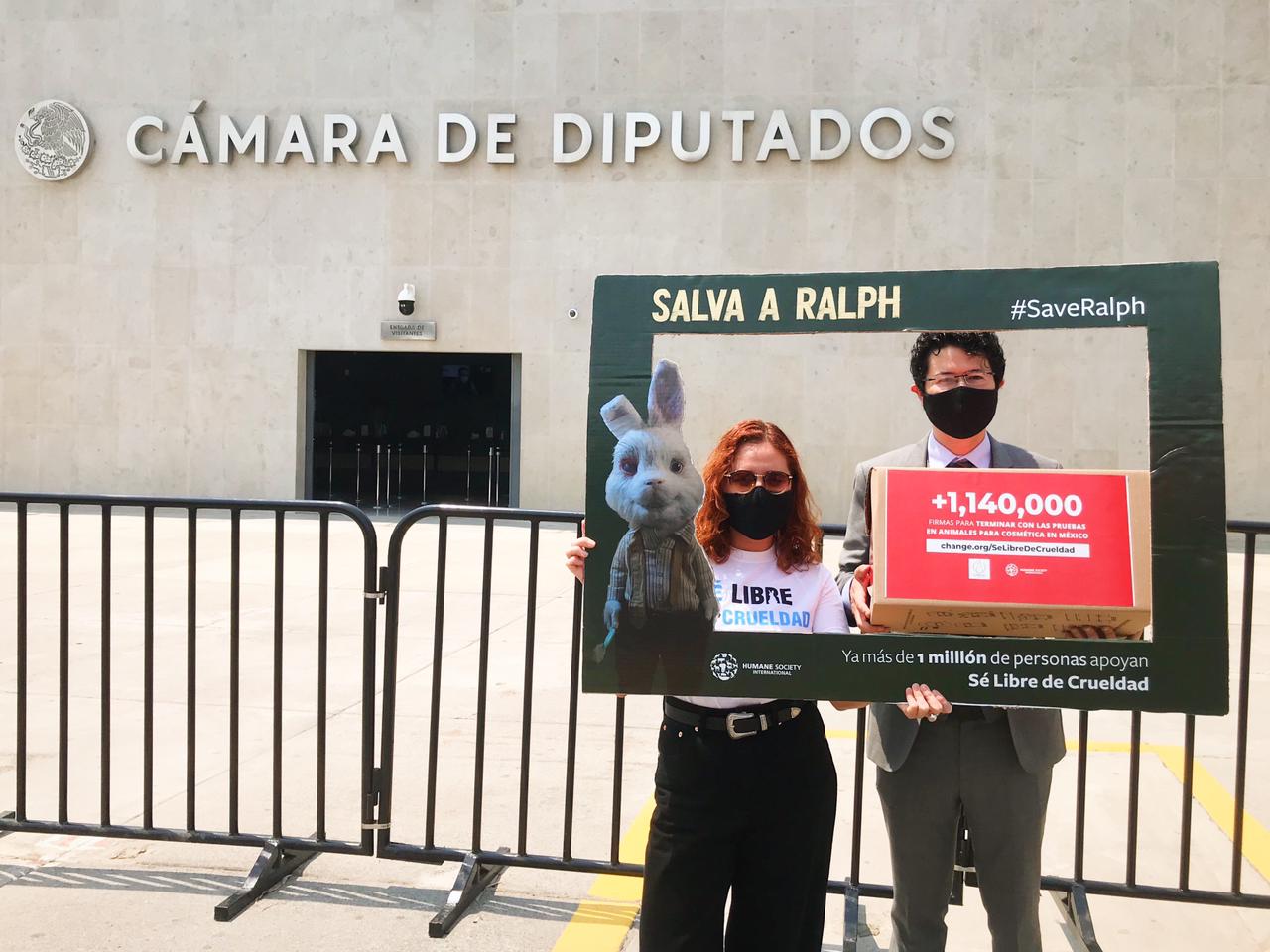
MEXICO CITY—Humane Society International México (HSI/México), a leading international animal welfare organization, today submitted a petition to the Chamber of Deputies’ Health Commission to ban cosmetic testing on animals. In just one week, the #SaveRalph campaign, a short stop-motion animated film sponsored by HSI, collected over one million signatures from people who are opposed to these cruel, unnecessary and highly unpopular practices.
A year ago, the Mexican Senate unanimously passed reforms to the General Health Law to ban cosmetic testing. The Chamber of Deputies has yet to debate and vote on these reforms, which, if approved, would make Mexico the first country in North America and the 41st worldwide to ban these practices.
“The Health Commission, presided over by Deputy Miroslava Sánchez, urgently needs to rule in favor of these legislative reforms. Time is running out and if a ruling is not handed down, our efforts will have been cut short, because the legislative period ends this month, which is the reason why we are today submitting more than one million signatures that symbolize opposition to these cruel and unnecessary practices and call on deputies to vote on this important draft bill as soon as possible,” said Humane Society International México (HSI/México) Executive Director Antón Aguilar.
This clearly indicates that there is broad support for a ban on cosmetic testing on animals in Mexico and that there is a market for cruelty-free products. According to a survey by Parametría, when purchasing cosmetics, 78% of Mexican consumers would like to be informed whether or not the product was tested on animals.
The HSI #SeLibreDeCrueldad (#BeCrueltyFree) campaign was a determining factor in the decision of the European Union to become the largest cruelty-free cosmetic market in the world. Similar victories were achieved in India, Taiwan, South Korea, New Zealand, Australia, Guatemala and Switzerland, in ten states in Brazil and four in the United States. Colombia banned cosmetic testing on animals last year, becoming the first South American country to do so, while Chile recently submitted a bill along the same lines.
To watch the full video in Spanish, click on the following link: https://www.facebook.com/117599345600034/posts/725336444826318/?vh=e&d=n.
For English, see https://www.youtube.com/watch?v=G393z8s8nFY.
The online petition is available in Spanish at www.selibredecrueldad.org.
Media Contact:
Magaly Garibay: mgaribay@idee.agency, cel. 555407 0502

